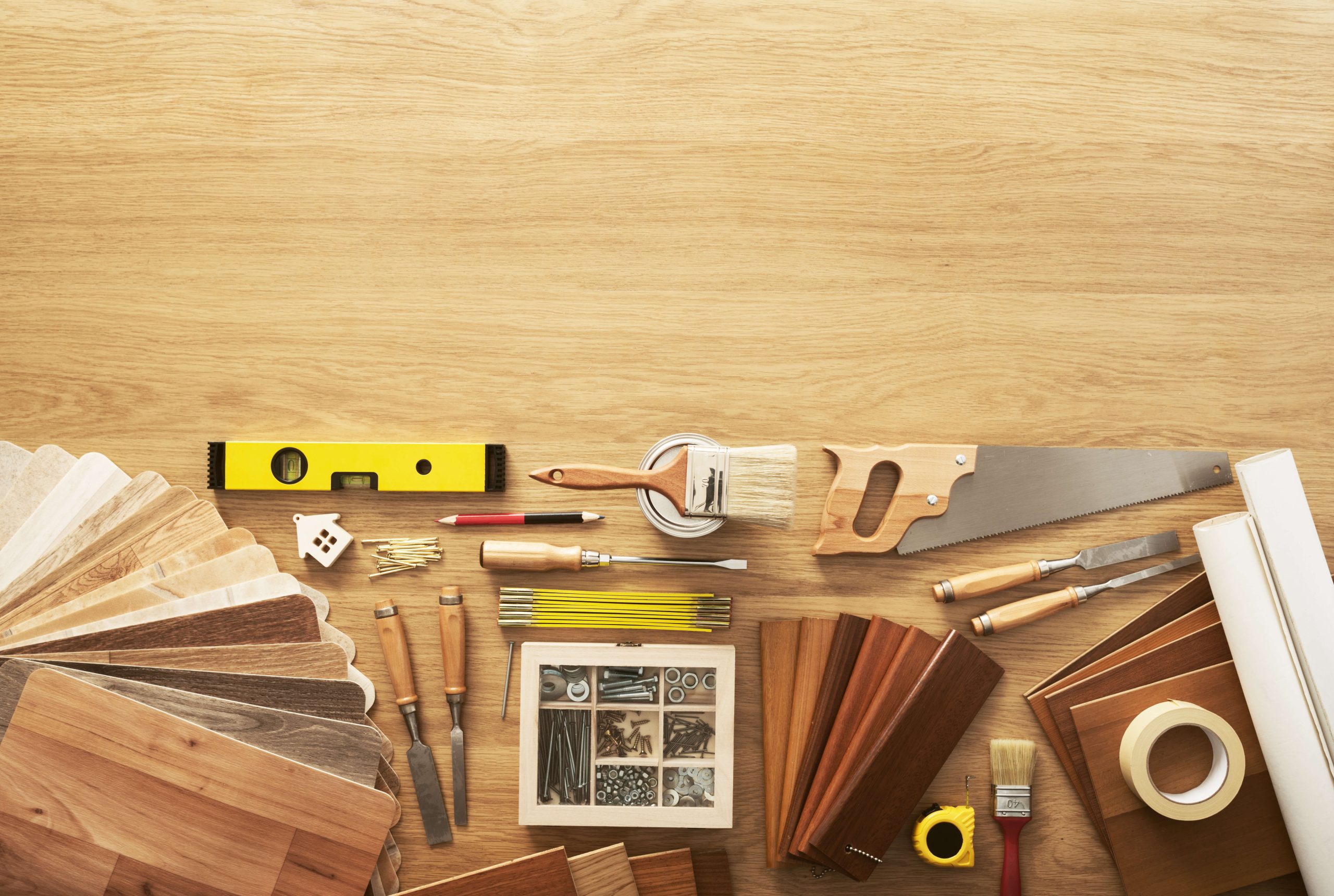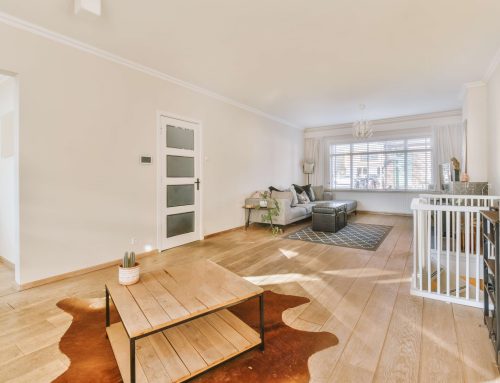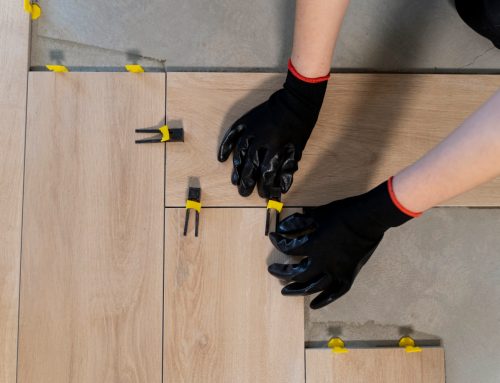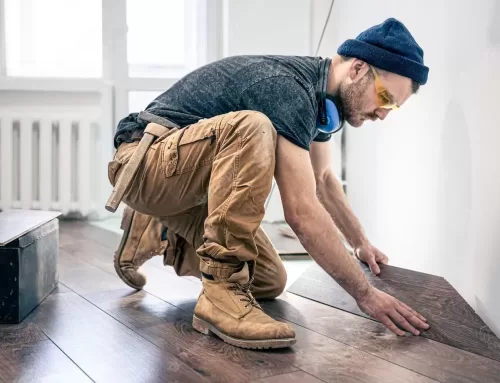Wood floor refinishing how can transform the look and feel of your home. Over time, even the most beautifully crafted hardwood can lose its lustre, succumbing to scratches, scuffs, and general wear. Refinishing not only restores the natural beauty of the wood but also extends its lifespan, saving you the cost of complete replacement. It’s a practical investment that breathes new life into your space, giving it a fresh, polished appearance.
Assessing Your Floor’s Condition: Is Refinishing the Right Option?
Before diving into the refinishing process, it’s important to assess whether your floor is a good candidate. Look for telltale signs such as deep scratches, faded patches, or discolouration from sunlight. If the wood has been sanded multiple times in the past, it may be too thin to withstand another round.
Likewise, extensive water damage or warping may indicate that replacement is necessary. If you’re unsure, consult a professional, such as those offering expert wood floor restoration in Manchester, who can gauge whether refinishing is the best solution.
Tools and Materials You’ll Need for Refinishing
To ensure a seamless refinishing experience, you’ll need an arsenal of tools and supplies. A drum sander or orbital sander is essential for smoothing the surface, while a variety of sandpaper grits (from coarse to fine) will help you achieve a flawless finish. Don’t forget safety gear such as goggles and dust masks.
You’ll also need wood stain, sealant (either oil-based or water-based), and a high-quality brush or roller. It’s worth investing in good tools and materials to ensure the job is done right.
Preparing Your Space: Setting the Stage for a Perfect Finish
Preparation is key to a successful refinishing project. Start by removing all furniture and rugs from the room. Sweep or vacuum the floor to eliminate dust and debris, and clean the surface thoroughly. To prevent dust from travelling into other areas of your home, seal doorways and vents with plastic sheeting.
It’s also wise to open windows and wear protective gear, as the sanding process can produce a significant amount of dust and fumes. For quality products and advice, consider natural flooring solutions.
Sanding Like a Pro: The Key to a Smooth, Flawless Surface
Sanding is one of the most critical steps in achieving a smooth, uniform finish. Start with a coarse-grit sandpaper to remove the old finish and level out any imperfections. Gradually work your way to finer grits, ensuring that you sand evenly across the entire surface.
Take your time with this step—rushing can lead to uneven spots or gouges in the wood. Be sure to vacuum and wipe down the floor after each sanding pass to remove all dust.
Choosing the Right Stain and Finish for Your Wood Floors
The right stain can dramatically change the appearance of your wood floors, bringing out the natural grain or altering its tone to suit your décor. Whether you prefer the deep richness of a dark walnut or the light elegance of a natural oak, there’s a stain for every style.
After staining, it’s important to choose the right finish options range from matte for a more subdued look to high-gloss for a polished, shiny surface. Consider your lifestyle; if durability is key, wood floor refinishing how to opt for a tougher, high-gloss finish that can stand up to heavy foot traffic.
The Art of Application: Staining and Sealing Your Wood Floors
Once your floor is perfectly sanded, it’s time to apply the stain. Work methodically, using a clean brush or cloth to apply the stain in small sections. Wipe off any excess to avoid blotching. After the stain has fully dried (this could take several hours or overnight), apply a protective sealant.
Whether you choose oil-based or water-based finishes, make sure to apply at least two coats, sanding lightly between each one for a smooth finish. Patience here is key; rushing can lead to uneven drying and streaking.
Wood Floor Refinishing How To Maintenance Tips for Longevity
After investing time and effort into refinishing your floors, you’ll want to keep them looking pristine. Regular sweeping and light mopping with a damp (not wet) cloth will keep dirt and debris at bay. Consider placing rugs in high-traffic areas to protect against wear.
Furniture pads are also a good idea to prevent scratching. Avoid harsh chemicals when cleaning opt for pH-neutral cleaners designed specifically for wood floors. With a little maintenance, your refinished floors can look flawless for years to come.
Conclusion
Wood floor refinishing may require effort, but the end result is well worth it. A beautifully refinished floor not only enhances the aesthetic of your home but also preserves the integrity of the wood for years to come. Whether you’re a seasoned DIY enthusiast or a first-timer, following the right steps will ensure your floors look professionally done, leaving you with a stunning, durable finish.
For expert advice and products, consider Natural Flooring Solutions. If you have any questions, feel free to Contact Us!





